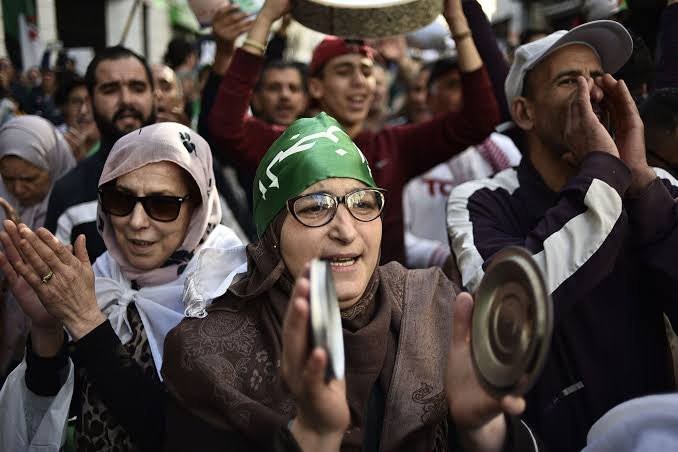The Algerian Government has increased the minimum wage of workers.

The country also abolished income tax for those earning 30,000 dinars and below.
The new regulation was contained in a statement by the President Abdelmadjid Tebboune.
The President also disclosed that the country’s budget would be slashed by 50% as a result of financial crisis occasioned by the Coronavirus pandemic.
Despite this huge reduction, the government also agreed at a cabinet meeting to increase the minimum wage from 18,000 dinars ($140) per month to 20,000 dinars, while income tax will be abolished for those earning 30,000 dinars or less, the statement said.
A collapse in hydrocarbon prices this year — caused by plunging demand due to societal lockdowns designed to combat the spread of the virus and exacerbated by a brief price war between key players Russia and Saudi Arabia – is putting ever greater pressure on Algeria’s external accounts.
Even before this year’s crisis took hold, Algeria’s foreign exchange reserves had fallen to $62 billion at the end of 2019, from $180 billion in 2014.
The draft law factors in a plunge in oil receipts this year to $20.6 billion, compared to the $37.4 billion previously anticipated.
Tebboune on Friday ruled out approaching the IMF for a bailout, contending that “accumulating debt harms national sovereignty” when it is owed to foreign institutions.
He said he preferred to rely instead on domestic borrowing.

